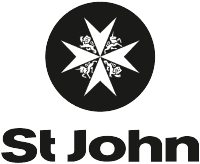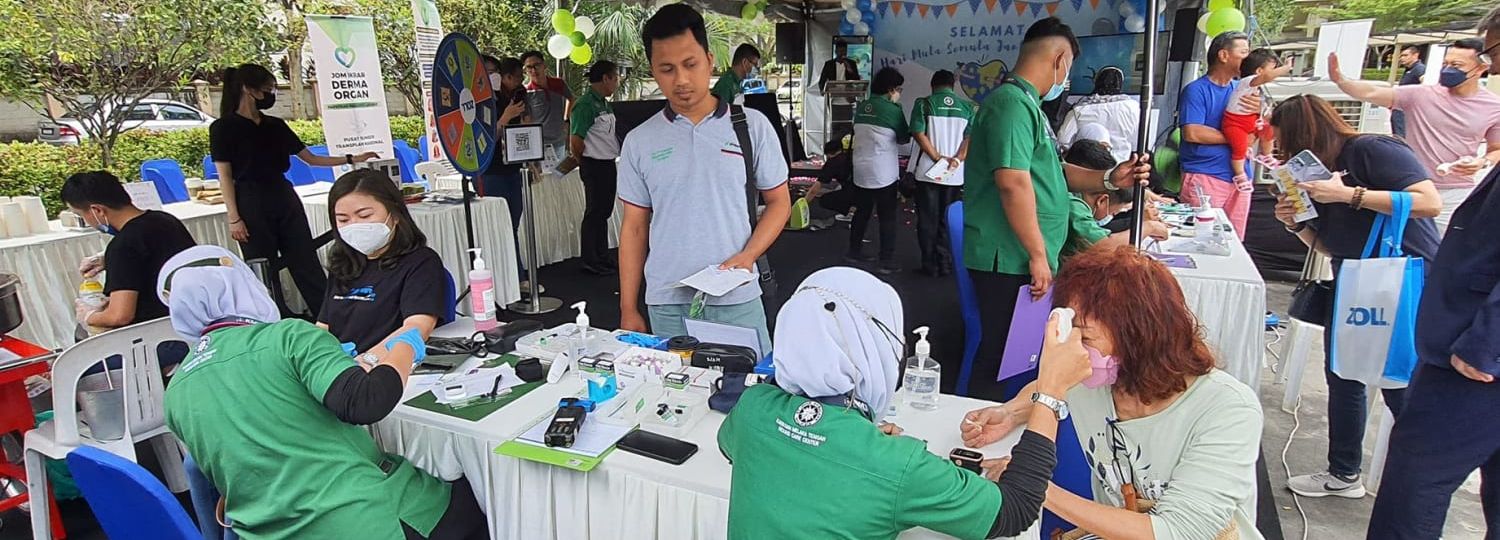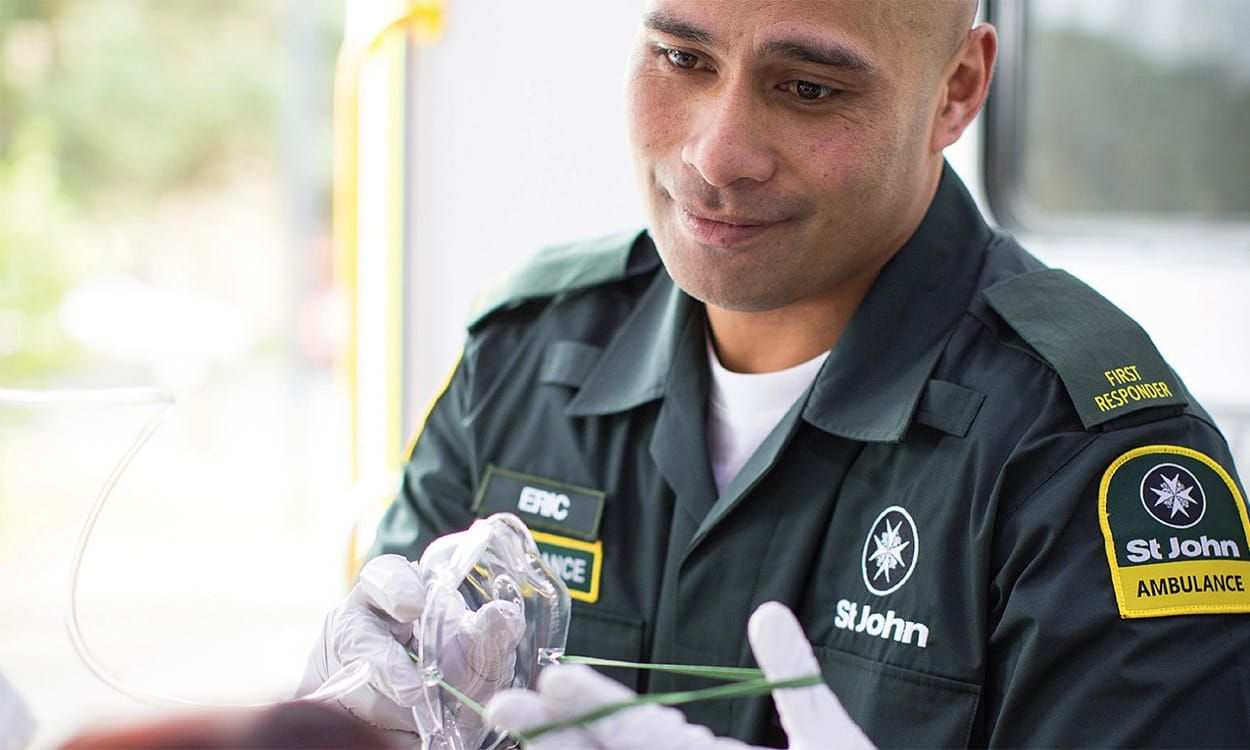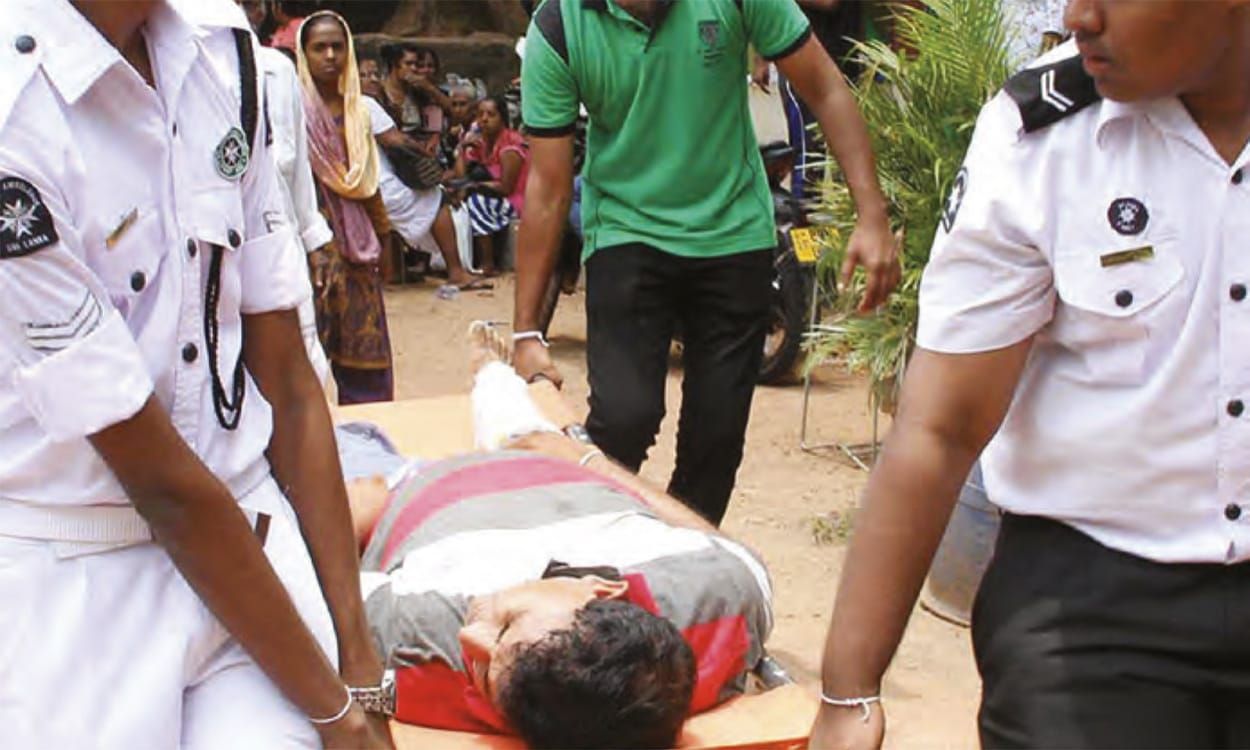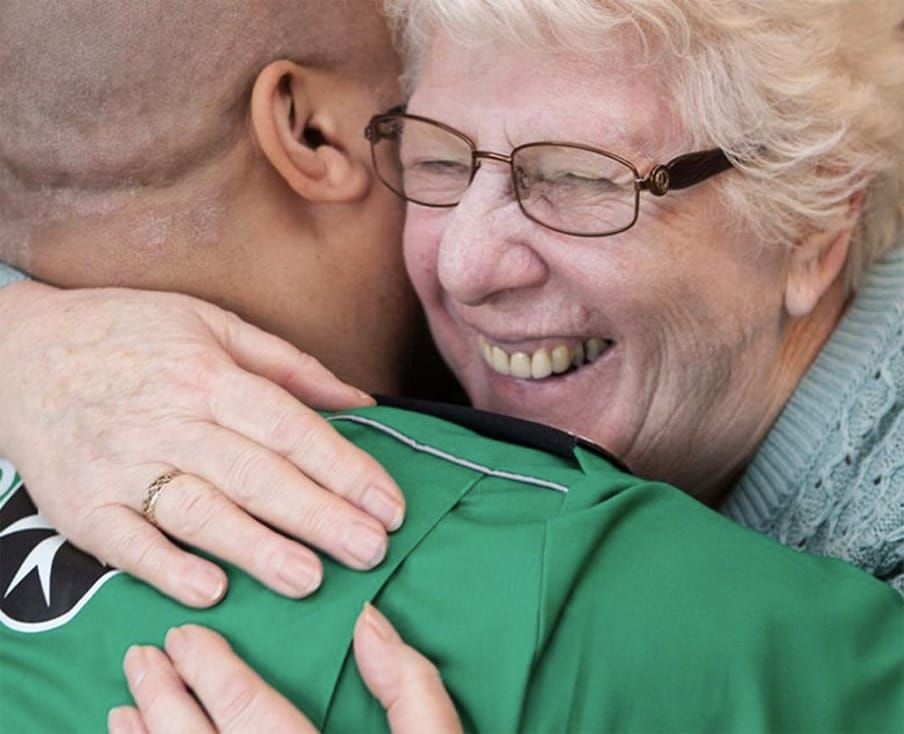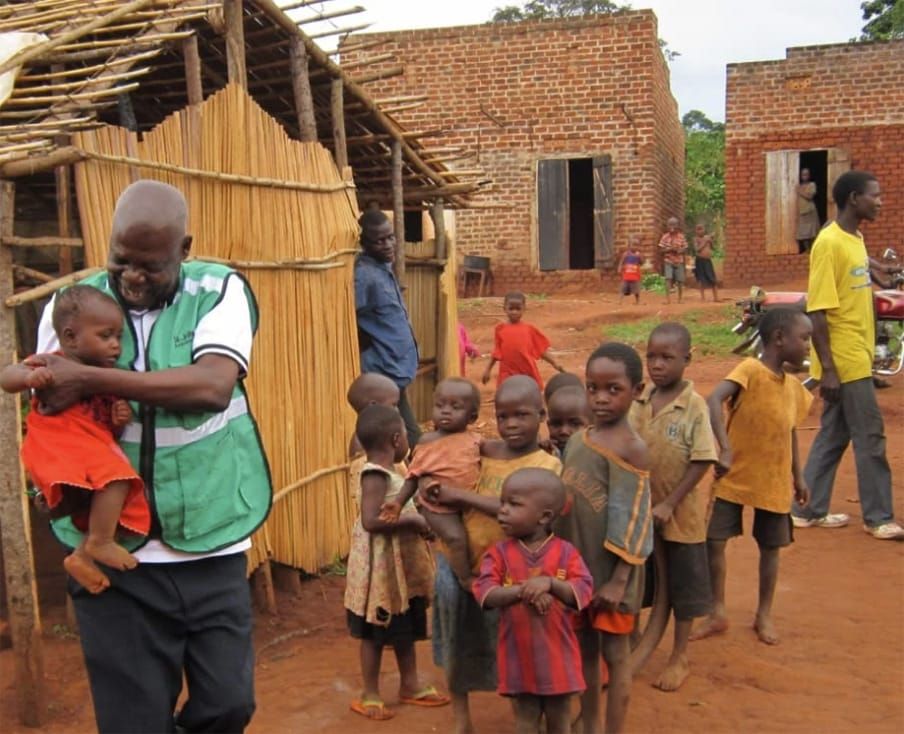“Showing respect and loving kindness for all humanity: Everyone, no matter their age, gender, race, creed, political affiliation or national identity, or what they may have done, will receive loving kindness from St John without discrimination.”
Dr Kenny Lee, St John Malaysia:
Our mobile clinic was conceived by our Area Commander, back in 2015. We wanted to expand our core operation service as an ambulance provider to offer something with greater significance, and we see our mobile clinic as being able to reach out to more people as opposed to just serving a casualty. Our mobile clinic can also be activated in dire times like flood, fire, earthquake, pestilence etc., as a disaster response unit; thus allowing us to offer an agile unit responding to calamities in terms of both numbers and speed – making our St John care more relevant in needier times.
We have prioritised our resources to the “most vulnerable” segments of Malaysian society, delivering the biggest health impact to where it is needed most:
-
Orang Asli: The indigenous people of Malaysia, the aboriginal races of the Malay peninsula are still being marginalised in terms of infrastructure, education and income. They make up 40% of the lowest group of Malaysia, and 99% of them are below the B40 category of RM4000/month – many are just living by the day.
-
Refugees: Refugees in Malaysia come from all over the world from Somalia to Syria to Afghanistan to Myanmar to Sri Lanka. Because most of them have no legal documents, existing merely by the mercy of UNHCR, many do not have stable income. It is reported in 2013, almost 30% earned less than RM500 a month and 58% just managed to earn RM500-1000 a month.
-
The elderly, the orphaned and the disabled: within the Malaysian society, as like in any society, not everyone has the privilege of being endowed with wealth but miseries of life. Sadly, these three categories are often left out of the bandwagon of prosperity, and we try to deliver as much medical care as we can to them.
The provision of healthcare follows an eternal equation between accessibility of the people and accessibility of medical service. So, in ANY situation arising problems from either on the part of the people (income, legal documents, distance, mobility, etc.) or on the part of the medical service (cost, distance, clinic time versus working hours) there will be inaccessibility of healthcare. Refugees are one example where they are not only disadvantaged in terms of income, but they are also required under Malaysian law to pay a registration fee that is more than 10 times to that of a local. They are also devoid of legal documents, which risks them being deported back to their country of origin. By providing a free mobile clinic, we have effectively cut down the problem of cost, distance (we go to them), and timing (our timing is off working hours). From our experience it is often not the availability of healthcare, which is the problem, rather the accessibility of it.
We try to organise our mobile clinic once every month, but on average in practice it is once every 1.5-2months. After getting the right contact, we will survey the area and hold a brief discussion with the Community Leader (tok batin, ketua kampung, pengerusi etc.) to find out their needs and feedback – this also supports us to ensure our logistics are done correctly and that the news of our project is being disseminated to the villagers. On average, we see 80-100 patients per session. In 2016, we saw 125 people; 2017, 214 people; 2018, 501 people; 2019, 479 people; 2020, 128 people; 2021 (COVID); 2022, 458 people.
The entire mobile clinic team of Southern Selangor Division consists of various personnel with colourful backgrounds with everyone lending a helping hand through one spirit of volunteerism. During the mobile clinic session, the ‘core’ of the health care services, i.e., vital signs and registration, medical consultation and dispensaries are carried out by volunteer doctors, nurses and pharmacists to ensure high quality medical care is given. While the auxiliary units, in charge of logistics, equipment, tables and chairs, crowd control etc. are done by volunteers from other backgrounds like students, lawyers, business employees, bankers etc.
We have a good mixed blend between various backgrounds, races, ages, sexes and experience levels, with everyone learning a knack or two from someone else and the elders passing the know-how of mobile clinic to the newcomers.
Because of human dynamics, our volunteers can change due to change of workplace, marriage, migration, studies etc. However, with God’s grace, we are still blessed with a sizeable community to carry out our mission. We have 1 WhatsApp doctors’ group with at least 10 doctors responding to the call of help; whilst not all are available all the time, we have at least 1-2 doctors who are ‘readily available’ for any mission. At present we have at least 2 regular nurses and 1 regular pharmacist in our team. We look forward to increasing our pool of volunteers so larger missions can be carried out. As for the auxiliary duties we have at least 15 members to help, but the numbers may change depending on the scale of the mission.
St John Ambulance’s mission has always been one associated with the ‘sick and underprivileged’ beginning from 11th century Knights of St John attending to the sick pilgrims in Jerusalem right to this very day as ambulance and first aid providers. The mission of our free mobile clinic is in line with the sacred motto of St John Ambulance, befitting like a sword to its scabbard. By providing this mobile clinic, I believe we have carried this mission to a higher level by saving more lives, while carrying the good name of St John ambulance to the hearts of many.
Through the mission of our mobile clinic, we have worked with various organisations from UNHCR, Malaysia Ministry of Health, Lion’s Club, Gleneagles Hospital etc. delivering shared medical services, which in turn greatly increases the network of St John Ambulance Malaysia to other organisations.
We believe this mission can be shared and implemented to all St John divisions worldwide especially in countries with poor healthcare where the accessibility is a perpetual problem.
You can read more about how we as #OneStJohn lived our values in our everyday work in 2022 by reading our new Annual Report.
